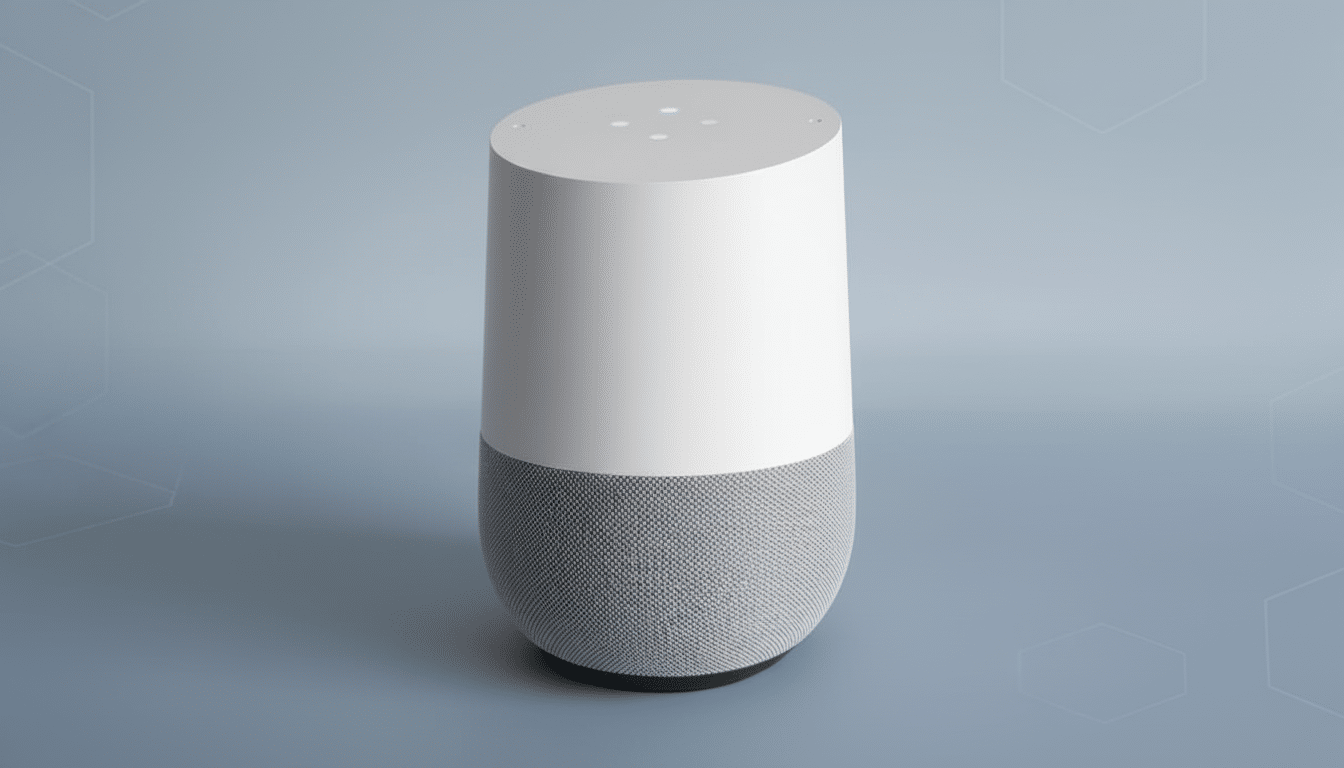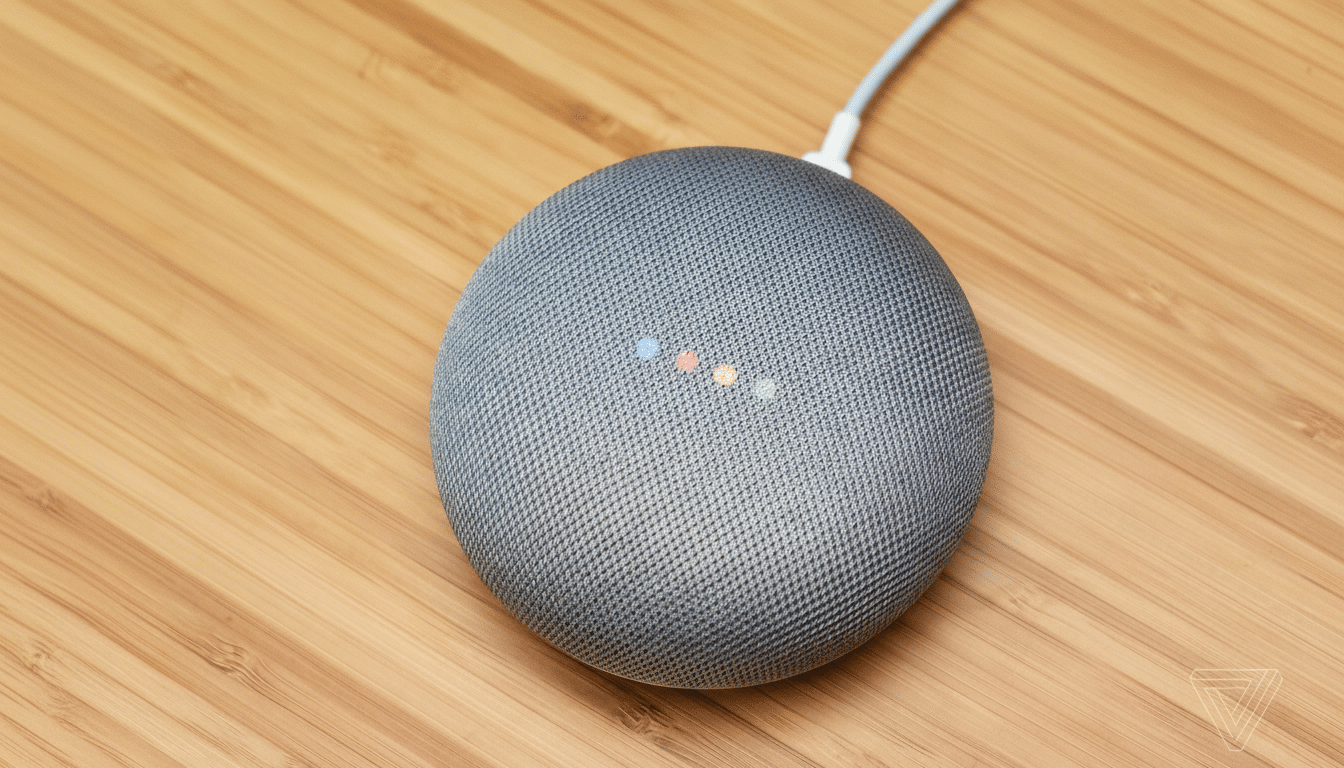Google’s pledge to bring Gemini to Google Home gadgets hasn’t aged very well, with a recent reader poll indicating that despite the promise — first made four months ago — most smart speaker owners are still waiting, and many who have gained early access are disappointed. The results show a narrower rollout than users anticipated and a product experience that still has work to do in clearly one-upping the Assistant it is meant to supplant.
Community surveys show adoption lagging amid delays
In one community survey of over 1,550 respondents, no more than 180 people claimed they had received the Gemini update on their Google Home units. That leaves about 88 percent who said they have not been updated. A second survey of more than 1,230 voters painted the same picture: Gemini hasn’t reached about 79 percent of them, driving home that the transition is hardly ubiquitous.

The headline promise and the on-the-ground availability mismatch is proving frustrating. While many respondents anticipated a broad rollout, they were blocked by geo-restrictions and eligibility gates that prevented access to Gemini like a fortress.
Early access limits reach for Google Home Gemini
At the moment, Gemini on Google Home is limited to early access U.S. users only, so there’s no indication of when a wide deployment will be happening or if it will happen at all.
For a mass-market home product, a gradual launch can be typical, but regional caps and opt-in testing have resulted in limited exposure to regular users.
That might save service stability but also introduces the possibility of a soft-launch, beta-testing, massive upgrade to the most demanding of power users, with everyone else—including all that pent-up expectation—waiting in the wings. In consumer tech, perception often drives early momentum; a rollout that feels exclusive can easily become the narrative that not everything is baked into the product.
Mixed reviews from early users on Google Home Gemini
Of the 259 respondents who indicated they have Gemini on Google Home and could be interviewed about its quality and their usage, reaction to the bot was mixed. Around 28 percent said they love it and thought it is a significant improvement over Assistant. Another 36 percent deemed it agreeable but requiring fixes. The remaining 36 percent were unfavorable, casting Gemini as not living up to the Assistant experience they had depended on.

Early users’ anecdotes show inconsistent behavior. One respondent said he asked for the time of the next train and instead got a potted history of the rail line on which he was traveling, even after trying various prompts. Others griped that family members want the “original lady” back and called Gemini “not intuitive at all.” Some also recoiled at references to a possible $10-a-month premium tier in the same breath as a free experience they already feel has let them down.
Why the Google Home Gemini rollout is going awry now
And when it comes to our smart home technology, we form loyalties along three axes: speed, reliability, and task coverage. If a new model stumbles on prototypical household requests like timers, local weather details, media controls, or transit searches, users will rate it harshly, even if it is spectacular at generative tasks. It should be noted that Gemini’s skills in reasoning, and its ability to master language, are only part of the story; for a speaker, it is whether it gets routine stuff right first time, every time.
There’s also the expectation gap. Google has touted Gemini as the future of its Assistant experiences on devices. That raises the stakes for parity with legacy Assistant functionalities and integrations. The kitchen or the living room, after all, is no place for even minor regressions; voice here has to be informed and brutally practical.
What Google should do next to improve the Gemini rollout
A cleaner communications plan could also help: clear timelines for general availability, regional coverage, and a published list of transparent feature parity so users know exactly what works today and what’s coming.
If the rollout went beyond Early Access and put resources toward high-salience tasks (local transit, smart home routines, media control), that would resolve most visible pain points.
The survey data indicates the bedrock is in place — over a quarter of early users already fall back to Gemini, whose fate now lies with how well fixes are applied and access is widened across its service model. If Google can bring some important stability to the equation, Gemini still might win the living room. For now, the bottom line from the field is clear: The rollout has fallen short of expectations.

